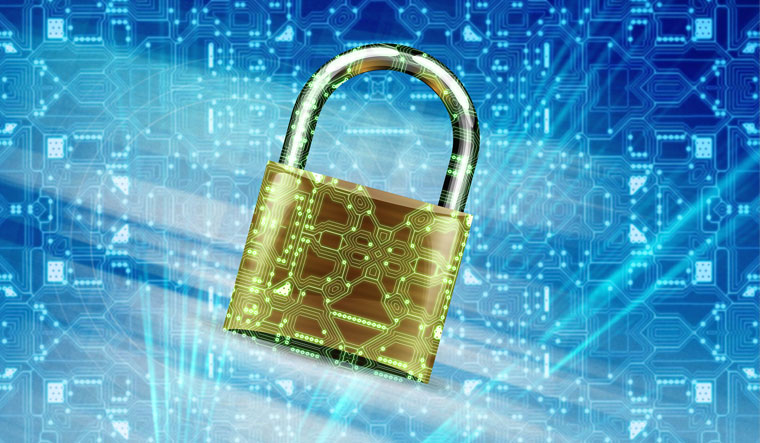What does it take to be a good lawyer? Knowledge? Skills? Being a lawyer involves a little bit more than this. If you're a part of a legal community, you are responsible not only for meeting the clients but also for the information you own.
To get a real work done, you have to take care of the environment you work in. You have to ensure that the devices you use to store any sensitive data you work with are safe. It will be dead reasonable, as the cybersecurity statistics is scaring. According to the recent cybersecurity statistics that you can find on Bestvpnrating, ransomware is one of the most widely-spread forms of hacker attacks, and there are victims every 40 seconds.
The majority of the working time the lawyers spend in the office in front of their computers. Thus, keeping computers and data on them 100% safe is crucial. One of the truly modern ways to do it is to install a VPN.
Why VPN?
For expert assisting of your clients, you need to provide them with the fully-protected environment. It involves more than just not discussing the cases with the people who don't relate to those cases. Start with keeping the data on your computer or laptop away from being hacked or stolen.
As it has been mentioned above, the most reasonable way for a lawyer to secure a laptop or smartphone is by installing a VPN app on it. VPN (Virtual Private Network) is different from Tor, for instance, as it ensures internet users with privacy, which is quite important for lawyers. Working on the case, it’s vital to protect the information from being invaded by one of the four ways to access it: web-camera, messages, data storage or browser history.

How does it work?
A VPN creates a secure connection between your computer and a server on the Internet. The data is passed in an encrypted way. Thus, it not only prevents your computer from a hacker attack but also keeps your data transferred encoded, every time you go online.
We all understand that it is not only the office where most lawyers work at. Mobile computing and development of public networks allow working online in any other place except home or office. But free Wi-Fi zones, where we connect to the Internet most (airports, coffee shops, trains, etc.) are the most dangerous places from a cybersecurity perspective. That’s why the medium level of protection is a good choice for lawyers. It implies a combination of VPN and Tor. Still, it’s worth noting that the direct use of Tor isn’t recommended as ‘’many of its output nodes are known and many of them are banned’’. So it’s better to use only VPN, but not Tor in a direct way


